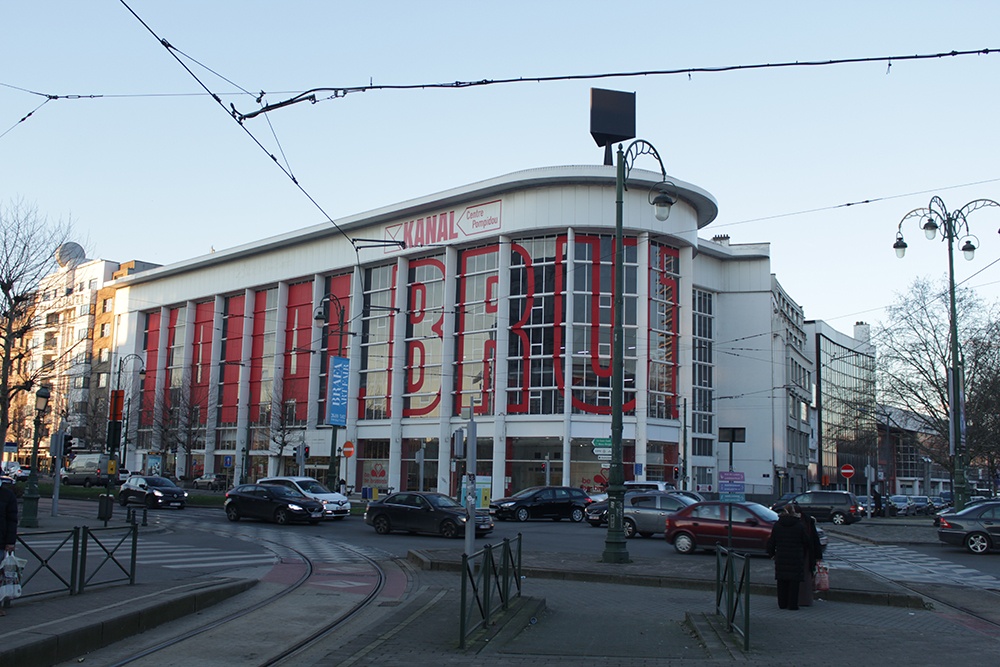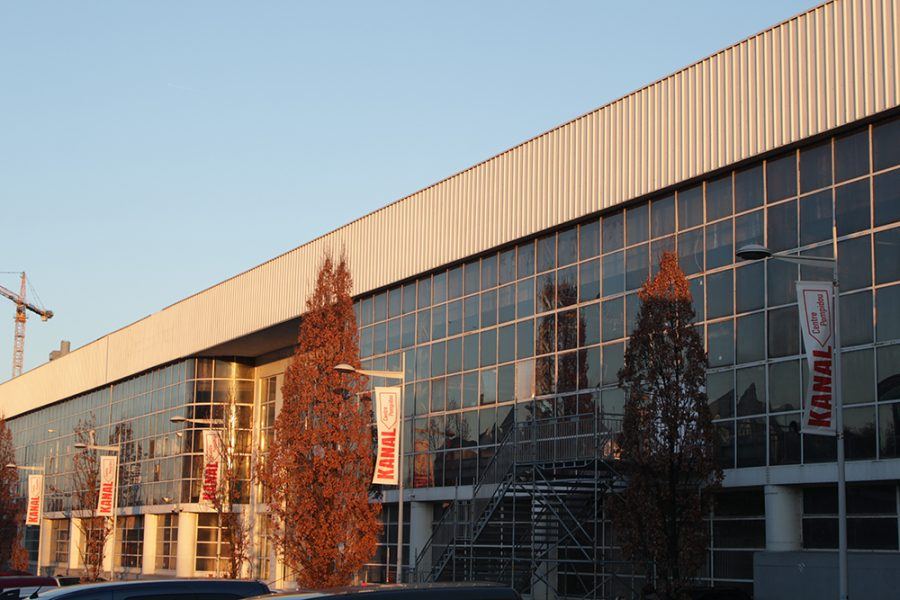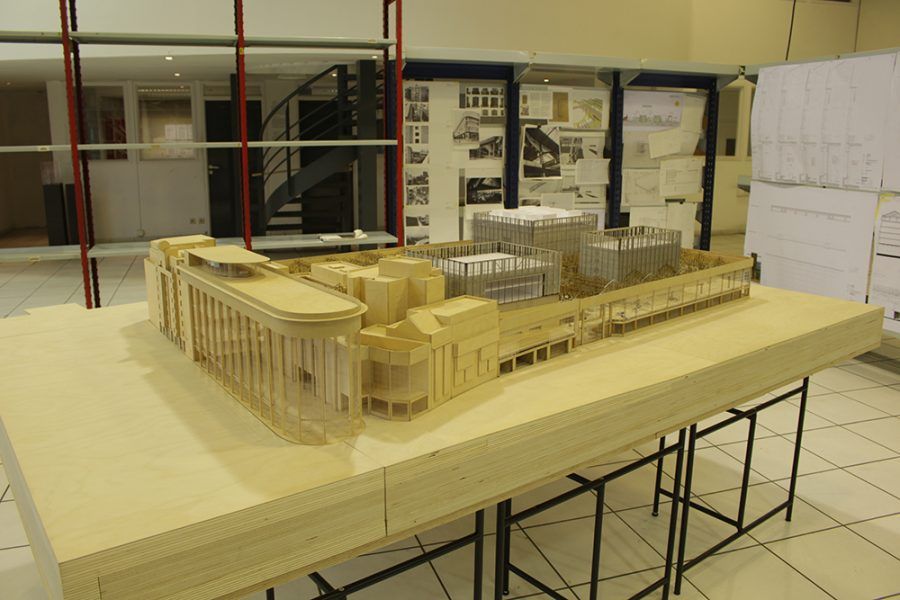Kanal: Water and culture entwine along Brussels’ emerging backbone

The canal moves along
Ever since the earliest of times, cities have been settled and grown along rivers and have required water to develop. Brussels has been no different, except that the narrow river Zenne would soon prove insufficient for the city’s ambitions. Over the years canals would be dug for improved navigation and industrial development, ultimately leading to the river’s demise and vaulting. In reconquering its long-due relationship with the water structures underlying its urban development, the transformation of the main industrial canal is being pursued, slowly but surely.

The Kanal, the new Centre Pompidou. AUTHOR: Archipentage
After the opening of several cultural highlights such as the MIMA (Millenium Iconoclast Museum of Art), new accommodation such as the Hotel Belvue or the Meininger Hotel, and innovative sites such as the circular and social economy platform Recy-K, the canal’s conversion continues steadily. One of the milestones of this operation is the realization of a museum of contemporary art and architecture to complement the large number of already existing institutions dedicated to many artistic disciplines, ranging from music (MiM) to design (MAD).
From crafting cars to promoting art and architecture
It is in this context that in 2015, a multidisciplinary team of experts was designated to accompany the Brussels Region and propose a new future for the building. The result of their work was to propose a space for cultural production and a creative platform in the former Citroën garage and showroom. The building, designed as part of the Universal Exhibition of 1935 by Maurice-Jacques Ravazé, Alexis Dumont and Marcel Van Goethem, is a wholesome example of interbellum modernism. While it occupies an entire urban block, its functionalist logic has lead to a clear layout based on a showroom facing the city and workshops located along the quays facing the canal.

The Kanal, the model of the new Centre Pompidou. AUTHOR: Archipentage
Following an international competition, the joint entry by noAarchitecten, EM2N and Sergison Bates architects was unanimously selected as the winning team. Under the name of KANAL – Centre Pompidou, the project will bring together a Museum of Modern and Contemporary Art, the CIVA Foundation (Centre International pour la Ville, l’Architecture et le Paysage) and new public spaces. KANAL opened temporarily in 2018 and will be accessible to the public until autumn 2019.

Works will be phased until the official opening in 2022, allowing for the organization of temporary cultural activities throughout this period. The winning project is premised on a much-praised integration with its surroundings, epitomized by openings in all the façades and a careful arrangement of activities. It hopes to be “a stage for Brussels” and if it succeeds in being so, it may well be that even the vaulted river will no longer be missed.
Author: Archipentage






No Comments